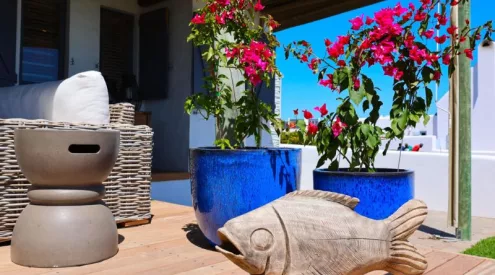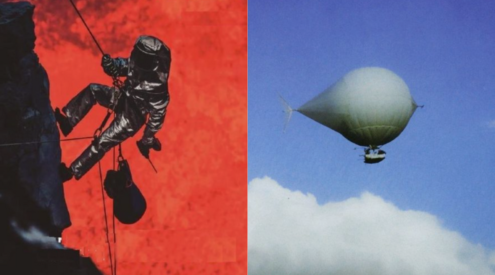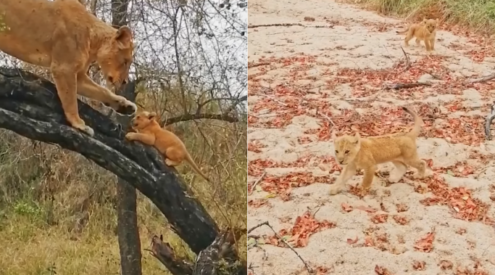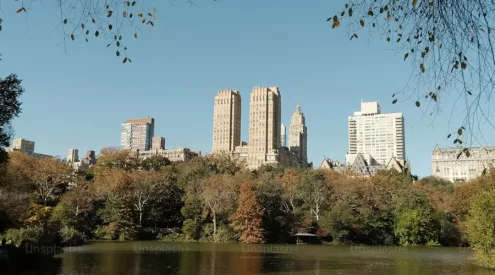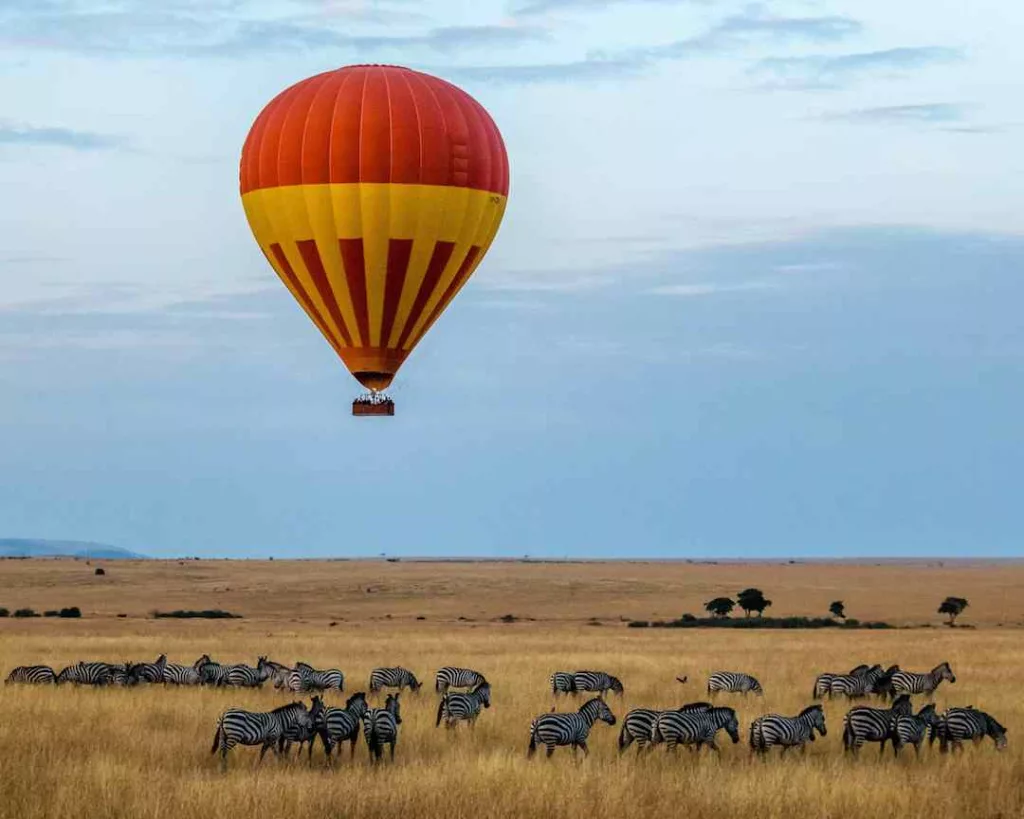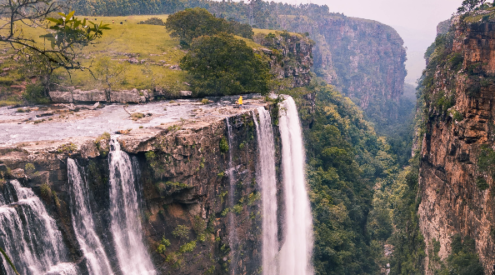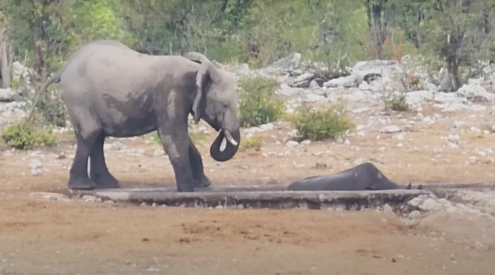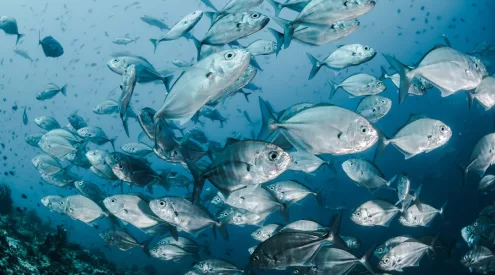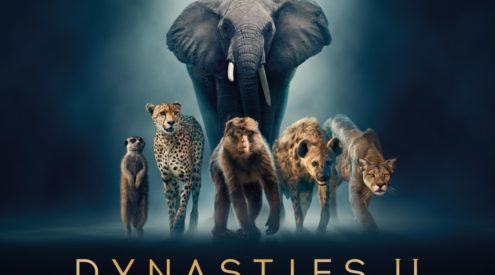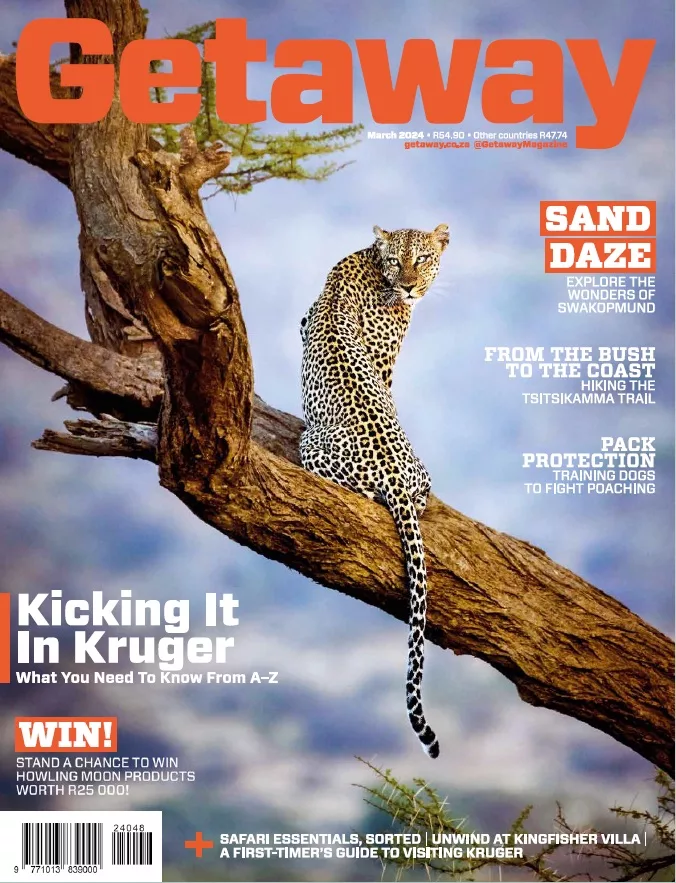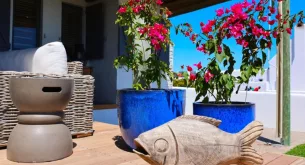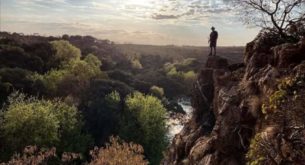Over the last 20 years the lion population in Africa has been halved, and forecasts for the future are not too bright. While conservationists across Africa work tirelessly at managing and maintaining numbers, they can only be as successful as the financial basis of their operations – the tourism industry.
This festive season the Open Africa Safari Collection encourages travellers to seek out safari destinations which not only promote sustainable and responsible tourism, but also actively support lion conservation.
Ten years ago there were around 200,000 wild lions in Africa. Today, the latest surveys estimate that there are fewer than 25,000. Compared with other endangered wildlife to give some perspective; the number of lions is less than the 26,000 black and white rhino and significantly less than the 500,000 African elephant estimated to live on our beautiful continent. So why has there been a 50% reduction in the lion population over the last 20 years and what can you do about it this holiday season?
Africa’s largest carnivore is precariously moving towards the brink of extinction mostly due to habitat loss, conflict with humans over livestock and illegal killing, often for lion bones used in Asian traditional medicine. Lions have vanished from 80% of their historical range and only eight countries – Botswana, Kenya, Mozambique, Namibia, South African, Tanzania, Zambia and Zimbabwe – are thought to have more than more than 1000 lions. Kenya alone loses over 100 of its estimated 2000 wild lions every year due to human-wildlife conflict with herders and farmers.
Sam Taylor, Chief Conservation Officer on Kenya’s Borana Conservancy comments, “the realistic long term solution to the protection of lion is providing a secure habitat, protecting the livelihoods of neighbouring communities from wildlife conflict and integrating tourism revenue into their economy through conservation driven commerce.”
Borana is part of the Open Africa collection of conservation-focused private safari lodges and game reserves that promotes responsible tourism experiences. Borana, Lewa and Ol Pejeta are three of the partners in the 10,000 square kilometer (2 million acre) Laikipia District who work with the Living with Lions research project. Through studying lions, practical measures have been implemented to encourage coexistence between people, livestock and predators.
“At Borana, we have collared one female in each pride as well as two males. This allows a dedicated scout to monitor the lions each day. This monitoring helps to largely negate the impacts of human–wildlife conflict with neighbouring pastoralist communities as Lion Guardians are deployed to community areas when lion have moved nearby.”
Other Open Africa partners in South Africa play a significant role in protecting at least 100 lions. The five reserves include Kariega and Shamwari in the Eastern Cape, &Beyond Phinda Private Game Reserve in KwaZulu Natal and Londolozi and MalaMala in the Sabi Sands next to Kruger National Park.

Lions Sands lioness
What can you do to help the conservation of Africa’s most famous animal?
Go on holiday! Tourism plays a huge role in persuading local people that there is a future in community-led conservation. It can also help the research and protection of lion populations. Choose a lodge that involves the local community. These communities realise that when a lion (rhino or elephant) is killed that they are losing an asset. Choose a lodge that is actively involved in conservation.
Donate. In spite of its overwhelming importance in lion conservation, there has been remarkably little research on lion-human conflict. One of the organisations leading wild cat research is Panthera. They are implementing a lion conservation plan across their entire African range and focus on areas where lions are under the greatest threat – Lion Conflict Landscapes – from Senegal to South Africa. Tools and techniques are implemented, based on excellent research, to mitigate conflict between lions and people and prevent the reasons that people kill lions. Donations can be made to the Panthera Foundation online.
Buy a gift. Panthera also offers a variety of gear that goes to support their work. Shop online at Panthera.
Share. In the spirit of the festive season, share the information about lions on your Facebook wall, tweet it, add it to your social networks and discuss it over your Christmas meal.
Just think, Africa just wouldn’t be the same without lions.
By Bronwen d’Oliveira and Claire Allison
The Open Africa Safari Collection provides sustainable revenue for Open Africa projects. For more information visit www.openafrica.org/safaris.

